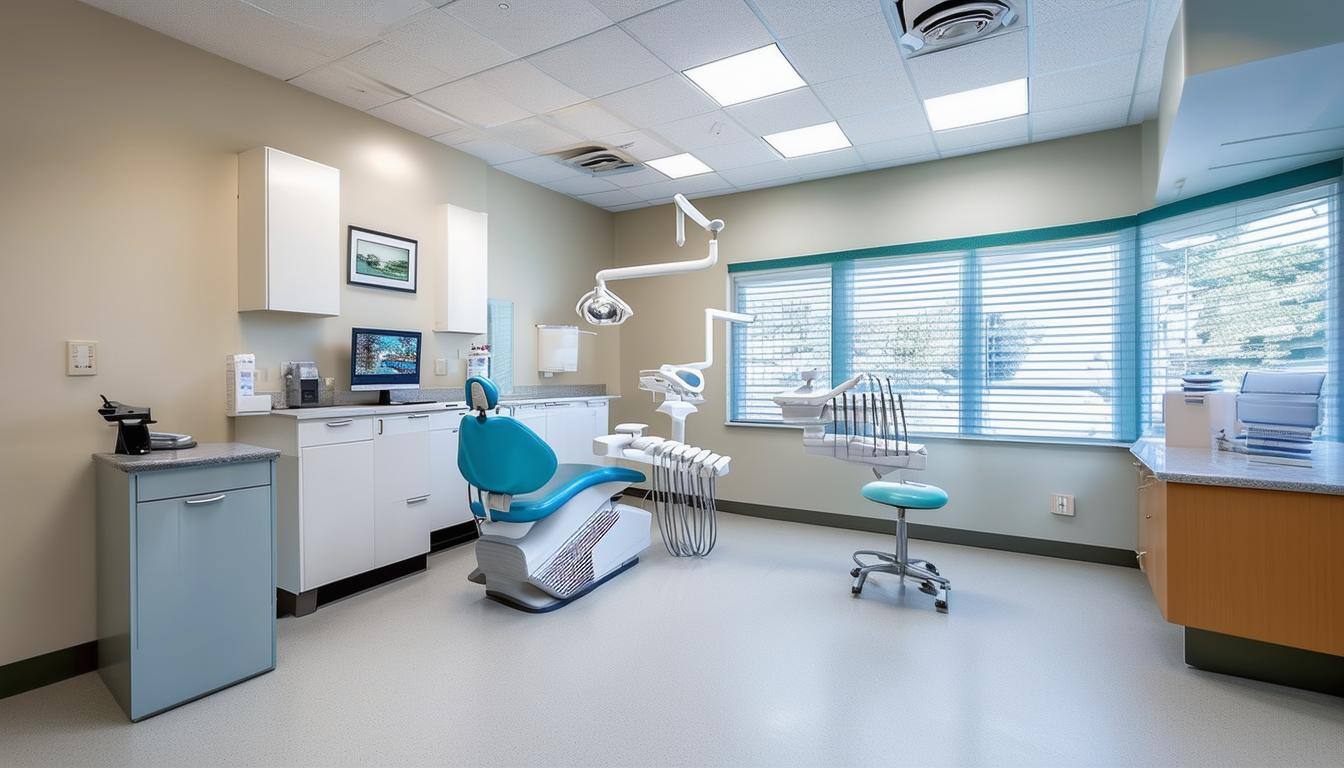What are the benefits of blogging on your dental practice’s website? Is it worth your time to blog? And if so, what should you even blog about?
While blogging may not be the right fit for every dental practice, it does make sense for most, especially if you’re hoping to attract new patients. In this post, we’ll discuss the biggest reasons to blog and how to do it effectively. Let’s get started.
The Benefits of Blogging on Your Dental Practice Website
Should dental practices blog? Absolutely. Here are the top reasons why blogging is a must:
Optimizes Your Website
Have you ever heard the term “SEO”? SEO stands for search engine optimization. If you want your website to get found on search engines like Google and Bing, you need to optimize your website for those search engines. Blogging is one way to do it.
Why?
Blogging provides fresh content, which is an important ranking factor for search engines. Search engines don’t want to just return stale, static pages that haven’t been updated in years. Instead, search engines want to share pages that are fresh and highly relevant to their users.
Your blog can also keep people on your website longer, which further optimizes your website for the search engines.
Attracts New Patients
Did you know that blogging is one of the most effective and most affordable marketing solutions available for dental practices? While your website will attract a large number of potential patients, your blog will attract even more. That’s because blogs produce more content on your website. With an ever-expanding amount of content on your blog, you’ll have more opportunities to get found by new people.
It’s simple math: The more content that you share, the more search engine traffic you receive.
Educates Your Patients
Your blog posts can provide valuable information to your patients, both current and prospective. In your blog, you can discuss dental services, news and events, and other pertinent information that your audience cares about. An informed patient is more likely to trust you.

Builds Trust With Your Visitors
Your blog provides the perfect opportunity for you to build trust with your website visitors. People trust sources that they learn from. By sharing information about a procedure or offering tips on oral health through your blog, you can gain your prospective patient’s trust. Use your post to nurture your visitors so that they can learn more about who you are and what you do.
Shares Important Information
Another benefit to blogging is that you can keep patients informed about your most recent news and events. Announce specials. Post about community events. And then share your blog posts on social media and to your email subscribers.
Adds to Your Email List
Speaking of email… Your blog can help you build your email list. Use your blog to gently nudge visitors onto your email list. Once on your email list, you can continue to “nurture” your subscribers, even if they’re not patients yet. You can also use your email newsletters to announce your latest blog posts (as mentioned above). As a call to action at the end of your blog posts, you can invite readers to subscribe to your email newsletter.
Boosts Your Credibility
Having an up-to-date blog will make your practice appear more credible. Your active blog shows that you’re “alive” and still in business. It also shows that you care about educating and connecting with your patients.
Shows Your Personality
If you have a blog, a prospective patient is likely to check it out before booking an appointment. Your blog is an opportunity for you to show your practice’s personality, whether it’s funny, friendly, optimistic, analytical, etc. Having a personality is important because it makes your practice feel more authentic and relatable.
Potential Drawbacks of Blogging
Blogging definitely has more pros than cons, but there are a few things to consider before deciding to set up a blog on your dental practice’s website:
Blogging is Time-Consuming
Writing a blog post can take time, especially when done correctly. If you, or no one in your office, enjoys writing, then writing a blog post can feel like pulling teeth (no pun intended).
Blogging Requires a Commitment to Quality
You shouldn’t publish blog posts that no one cares about. Every post must be valuable, relevant, and an engaging read, or your intended audience simply won’t read it.
You Most Blog Regularly
To get any benefit from blogging, you must do it regularly. Remember that search engines like to see fresh content. That means that you need to consistently churn out new posts to stay relevant online. Not only is this time-consuming, but it can also be redundant after a while if you run out of new material to discuss.
How to Create an Effective Blog for Your Dental Practice's Website
Now that we’ve weighed the pros and cons of blogging, let’s discuss how to do it effectively to grow your dental practice.
Create a Blog Strategy

Think carefully about your blogging strategy.
Decide how often you’ll post to your blog. Will you post every week or every other week? And what topics will you post about?
Also decide who will write your blog posts. Can someone on your staff do it or should you hire a freelance writer to do those posts for you?
To make it easier on yourself, consider creating a content calendar for several months at a time. This way, you only need to come up with ideas 3 or 4 times each year. You can also write multiple blog posts at one time and then publish them on a regular posting schedule (such as twice a month).
Write With Your Reader in Mind
Remember that you’re writing for a patient, not a fellow dental professional. Your patient probably doesn’t know the clinical and administrative terms (i.e. jargon) that you and your staff use all of the time. As a rule, write so that a 6th grader could easily understand what you’re saying. This ensures maximum comprehension for your reader, even if they’re college-educated, middle-aged adults.
Write Content That They Care About
What do your current and prospective patients want to read about? Here’s a quick list:
- Name that pain
- Oral health maintenance
- Treatments and procedures that you offer (and who will benefit)
- After-care best practices
- New and innovative dental treatments
- Upcoming events and specials
- Past events that you’ve held for your patients/ community
- Answers to your frequently asked questions
Make a list of all of the topics that your patients may be interested in and then put yourself in your patients’ shoes. Would they really want to know this information? Or are you sharing it only to promote your practice? Always write blog posts that are valuable to your audience, or else there’s no point in writing it.
Write to a Specific Person
When writing a blog post, be sure that it’s written to a specific person and not a nameless, faceless crowd. By writing this way, your posts will immediately feel more personal and immediate.
Write Conversationally
Keep it casual when writing for the web. Don’t worry. Your blog post won’t be graded. The best-performing blog posts are conversational in nature. Blog posts should sound like conversations and not peer-reviewed dental journals.
Choose the Right Length
To make your blog posts look good for search engines, stick to a word count of around 1,000 words. This gives you the space to explore a topic in greater detail. Search engines prefer to promote longer length and in-depth blog posts.
End With a Call to Action
Don’t simply end your blog post with a summary. Instead, give the reader the next step to take (such as sign up for your email newsletter, read another blog post, follow you on social media, or book an appointment).
Make Your Content Readable
Break up your blog posts so that your reader isn’t confronted with one large block of text. Lengthy paragraphs can be intimidating, especially online. Instead, be sure to punctuate your text with headings, bullet points, and images/ illustrations. It’s okay to write short paragraphs, too. Remember, you’re writing for the web, and this type of relaxed formatting is perfectly acceptable.
Final Thoughts
Adding a blog to your dental practice’s website is a great idea. It can attract prospective patients through search traffic and can immediately position you as a credible and educational source. Use the above tips to create an effective blogging strategy for your dental practice.
If you need help with content creation, we have a team of experienced copywriters who can craft personalized blogs for your practice. Learn more about our dental copywriting services here.






